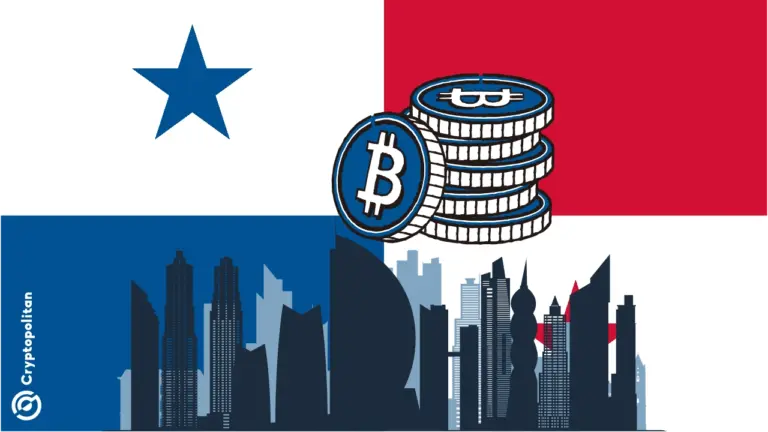South Korea plans to regulate cross-border stablecoin transactions
South Korea’s government plans to apply foreign exchange rules to cross-border transactions involving dollar-pegged stablecoins.
On Oct. 8, the country’s Ministry of Economy and Finance reportedly announced that it was reviewing measures to ensure the soundness of stablecoin transactions.
The government agency said that apart from being used to transact and exchange within the crypto ecosystem, stablecoins are also used in cross-border transactions. This means that stablecoin’s functions expand to global transfers, which may require different rules.
Bitcoin conference and a bad trip to North Korea. Source Cointelegraph
Consulting with other jurisdictions
Furthermore, the Financial Services Commission (FSS), South Korea’s top financial regulator, will prioritize and discuss stablecoins in the second legislative stage of the country’s Virtual Asset User Protection Act.
The FSS reportedly plans to consult with other regulators in international jurisdictions, including Japan and the European Union. Despite the statement, the government agency did not provide a specific consultation timeline.
Stablecoin regulations will also reportedly begin with a system for issuing won-pegged tokens. This means a legal system for stablecoins pegged to South Korea’s won fiat currency will first be established and then applied to foreign currency stablecoins.
The Japanese government issued rules on stablecoins after the Terra collapse in 2022. On June 3, 2022, Japan banned stablecoin issuance by non-banking institutions. However, it lifted the ban in 2023.
Meanwhile, the EU’s Markets in Crypto-Assets Regulation came into force in June, leading crypto exchanges to delist non-compliant stablecoins.
Related: South Korea fines Worldcoin for violating personal protection laws
South Korea tightens crypto regulations
South Korea recently tightened its measures by enforcing laws to protect crypto users. On July 19, its Virtual Asset Protection Act came into effect , compelling virtual asset service providers (VASPs) in the country to maintain stricter rules to protect user assets.
The laws require VASPs to take out insurance against hacks and malicious attacks. They also mandate that providers keep user assets separate from exchange tokens while keeping customer deposits in banks. The law also includes regularly reviewing token listings on exchanges.
The South Korean government will also impose severe punishments on violators. This includes jail sentences and fines of three to five times the amount of illegally acquired profits.
Magazine: Asia Express: WazirX hackers prepped 8 days before attack, swindlers fake fiat for USDT
Disclaimer: The content of this article solely reflects the author's opinion and does not represent the platform in any capacity. This article is not intended to serve as a reference for making investment decisions.
You may also like
Bitcoin Sets Higher Lows—Can Bulls Target $88K Resistance?

Solana Faces 50% Drop Risk as $125–$137 Range Holds the Key Amid Market Volatility

Panama City Council makes history as the first government institution accepting crypto payments
Share link:In this post: Panama City council voted in favor of becoming the first public institution of government to accept payments in cryptocurrencies. Citizens will now be able to pay taxes, fees, tickets and permits entirely in crypto starting with BTC, ETH, USDC, and USDT. The city partnered with a bank that will receive crypto payments and convert them on the spot to U.S. dollars, allowing for the free flow of crypto in the entire economy.

EnclaveX launch brings fully encrypted, cross-chain futures trading to retail investors
